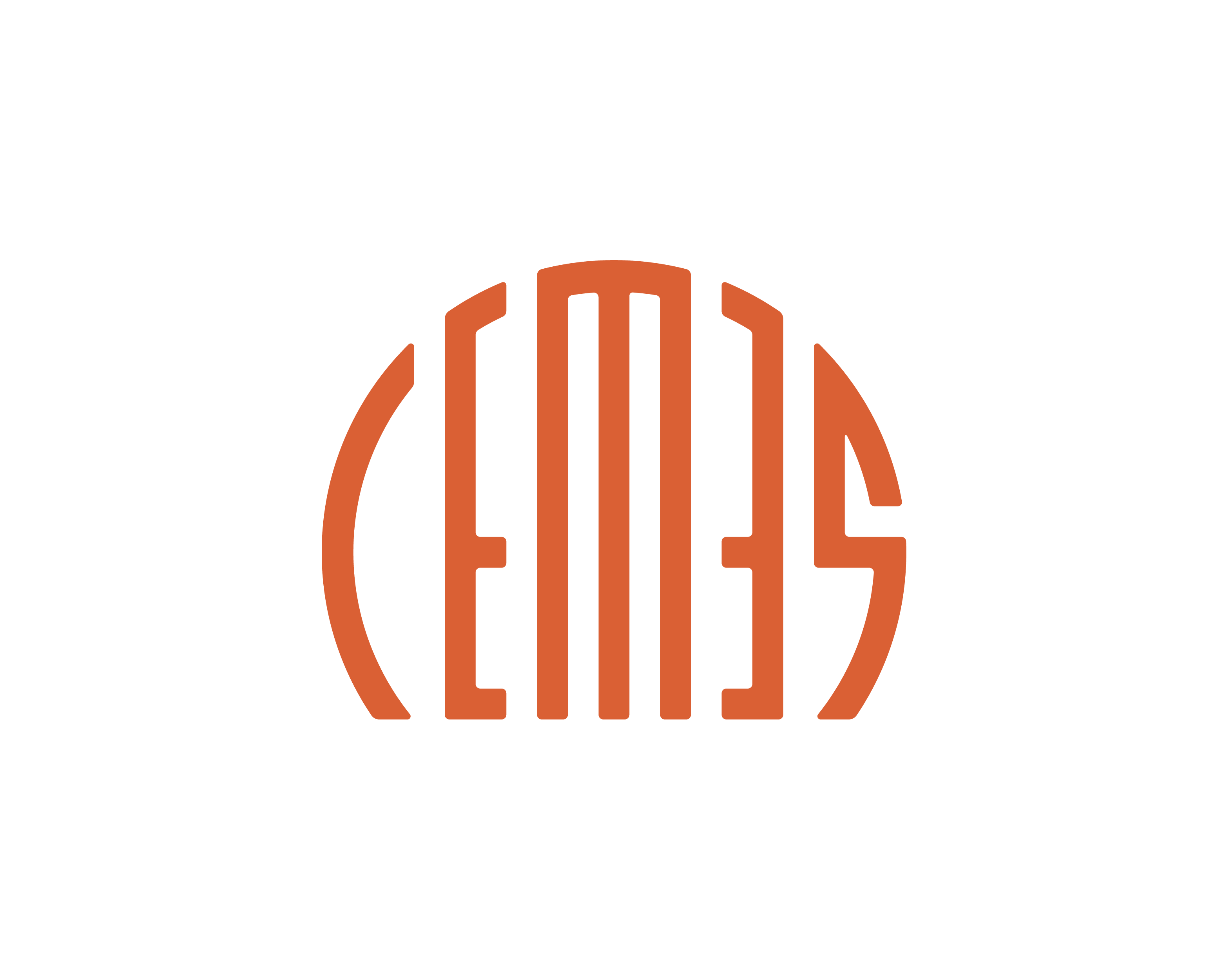Study of electrical and structural stability of intermediate resistivity states in Ge-rich GST Phase Change Memory cells
NANOSCIENCE

Lab: CEMES
Duration: NanoX master Internship (8 months part-time in-lab immersion)
5 months full-time internship
6 months full-time internship
Latest starting date: 01/02/2022
Localisation: CEMES-CNRS and LPCNO-INSA, Toulouse, France
Supervisors:
Alain CLAVERIE claverie@cemes.fr
Sijia RAN sijia.ran@cemes.fr
This research master's degree project could be followed by a PhD
Work package:
Phase change memory (PCM) is a class of nonvolatile memory devices in which data storage is enabled by reversible phase transition of its active layer between a highly resistive amorphous phase and a conductive crystalline phase. Beyond the application as a digital memory, multilevel storage has been demonstrated in PCM devices by altering the amorphous-to-crystalline ratio within the active region. The ability to quasi-continuously tune the resistance states by applied electrical pulses makes PCM an excellent candidate for brain-inspired computing, where a network of artificial neurons is used to mimic the response of biological neurons to stimuli [1].
High stability of intermediate states is another important feature required for reliable multilevel operation but remains challenging partially due to the existence of an unstable melt-quenched amorphous phase. During nonoperation of a PCM cell, the amorphous region may undergo structural relaxation and crystallization, causing change in resistance levels and ultimately data retention loss. This, thus, requires specific material engineering to the phase change materials that are used in commercial product, most frequently Ge2Sb2Te5. As shown by the group and others, adding Ge and N dopants to GST alloys can significantly elevate the crystallization temperature [2-4], while N-doping holds the promise to slow down the resistance drift [5].
To evaluate these promises for multilevel operation of real devices, this project is aiming for a systematic study of electrical and structural stability of intermediate states in N-doped Ge-rich GST cells. Currently, the group has GST-based PCM (from STMicroelectronics) with different doping levels in place, dedicated electrical testing equipment for this study [6], and with knowledge to program these cells with proper electrical pulses. The intern is expected to conduct electrical testing to study the evolution of resistance levels and switching dynamics (threshold switching, transient effect, etc) of programmed cells as a function of time at various temperatures. This would require designing proper testing approaches (e.g., using isothermal technique) to decouple the influence of structural relaxation and crystallization. The testing data shall be carefully analyzed to link the change in electrical properties to material properties. Further structural characterization can be conducted by TEM, possibly in collaboration with group members.
References:
[1] S. Sabina, et al. “Memristive devices for brain-inspired computing.” Woodhead Publishing, 2020.
[2] M. Agati, M. Vallet, S. Joulié, D. Benoit, and A. Claverie, “Chemical phase segregation during the crystallization of Ge-rich GeSbTe alloys." J. Mater. Chem. C, 7 (28), 8720-8729 (2019).
[3] M-A. Luong, D. Wen, E. Rahier, N. Retal-Ramond, B. Pecassou, Y. Friec, D. Benoit, and A Claverie, “Imapact of nitrogen on the crystallization and microstructure of Ge-rich GeSbTe alloys.” Phys. Status Solidi RRL, 15 (3), 2000443 (2021).
[4] M-A. Luong, M. Agati, N. Retal-Ramond, J. Grisolia, Y. Friec, D. Benoit, and A Claverie, “On some unique specificities of Ge-rich GeSbTe phase-change material alloys for nonvolatile embedded-memory applications.” Phys. Status Solidi RRL, 15 (3), 2000471 (2021).
[5] G. Navarro, et al. “Trade-off between SET and data retention performance thanks to innovative materials for phase-change memory.” 2013 IEDM, 21.5.1-21.5.4 (2013).
[6] A. Bourgine, J. Grisolia, M. Vallet, D. Benoit, Y. Le Friec, V. Caubet-Hilloutou, and A. Claverie. “On the charge transport mechanisms in Ge-rich GeSbTe alloys.” Solid-State Electron.172, 107871 (2020).
Areas of expertise:
Devices and Materials for Artificial Intelligence; electrical characterization; crystallization; materials science
Required skills for the internship:
- Good knowledge of semiconductor physics
- Understanding of Metallurgy
- Basic working knowledge of python, MATLAB, and/or C/C++ for data analysis
- Good written and verbal English skills
